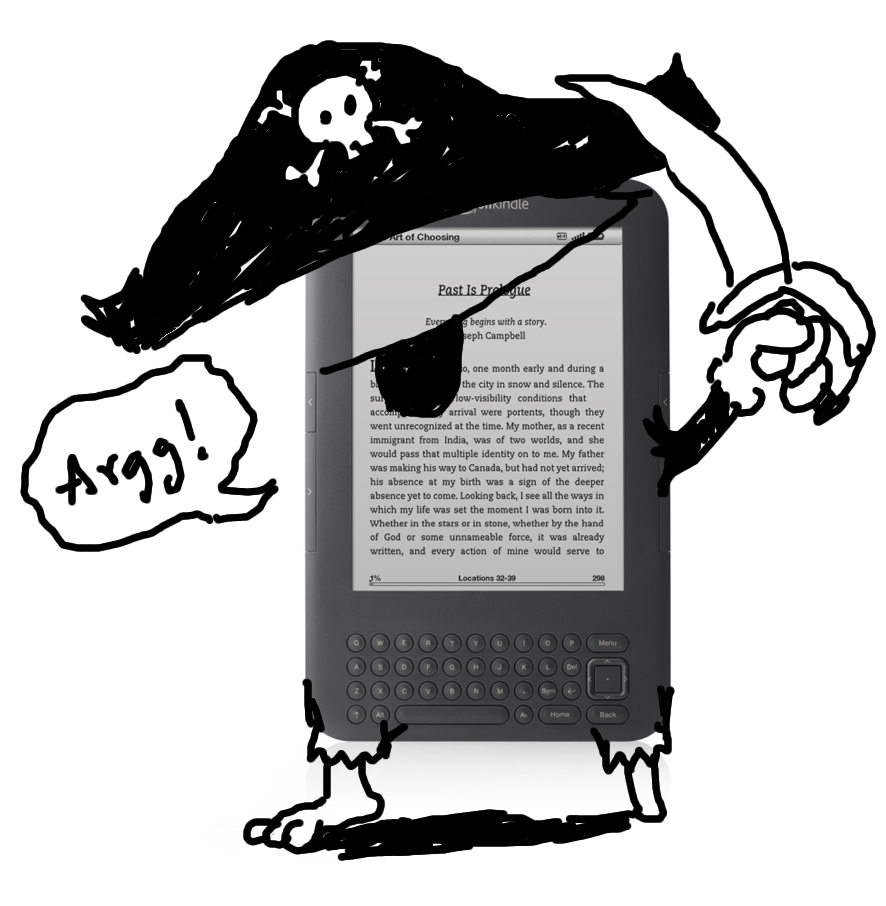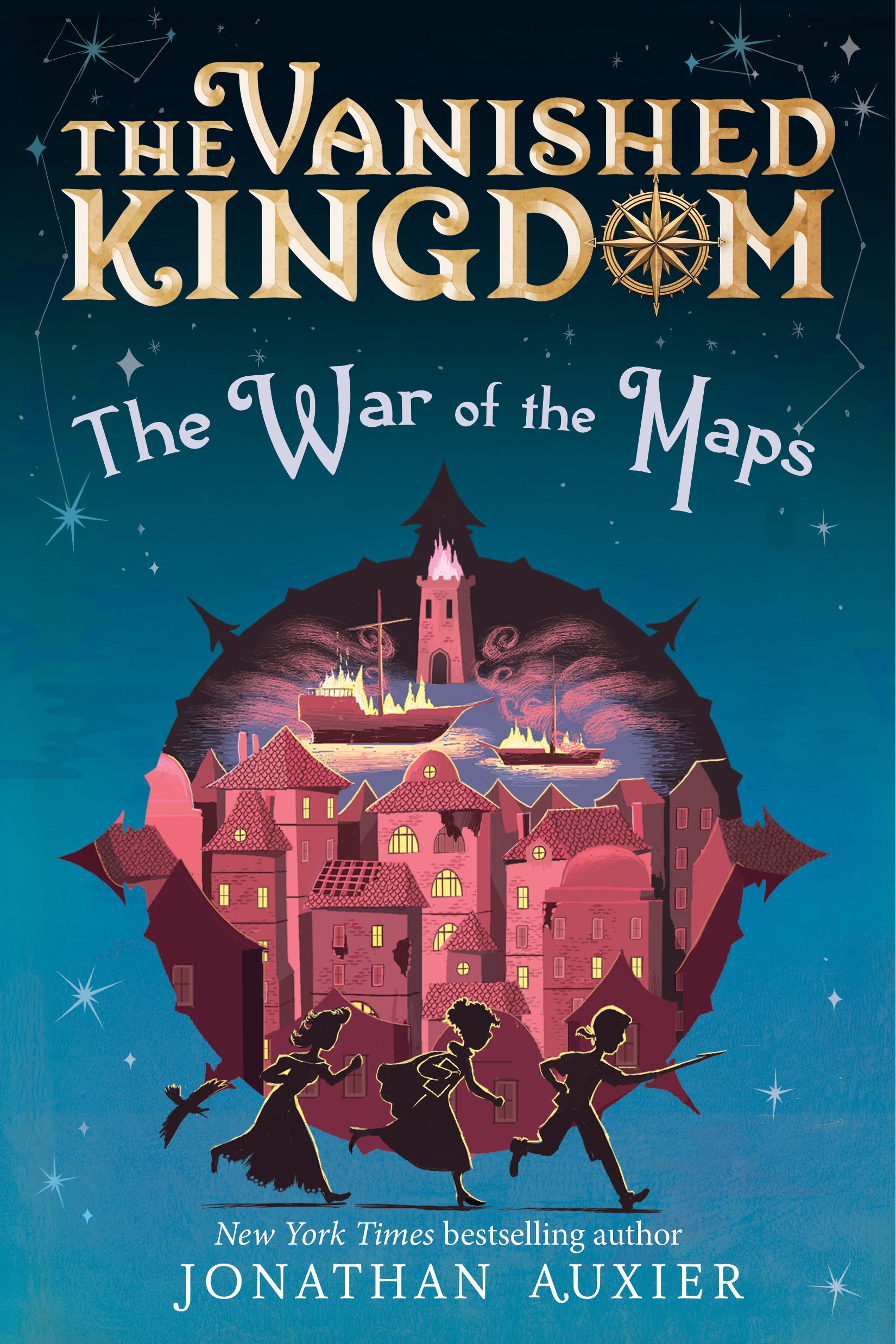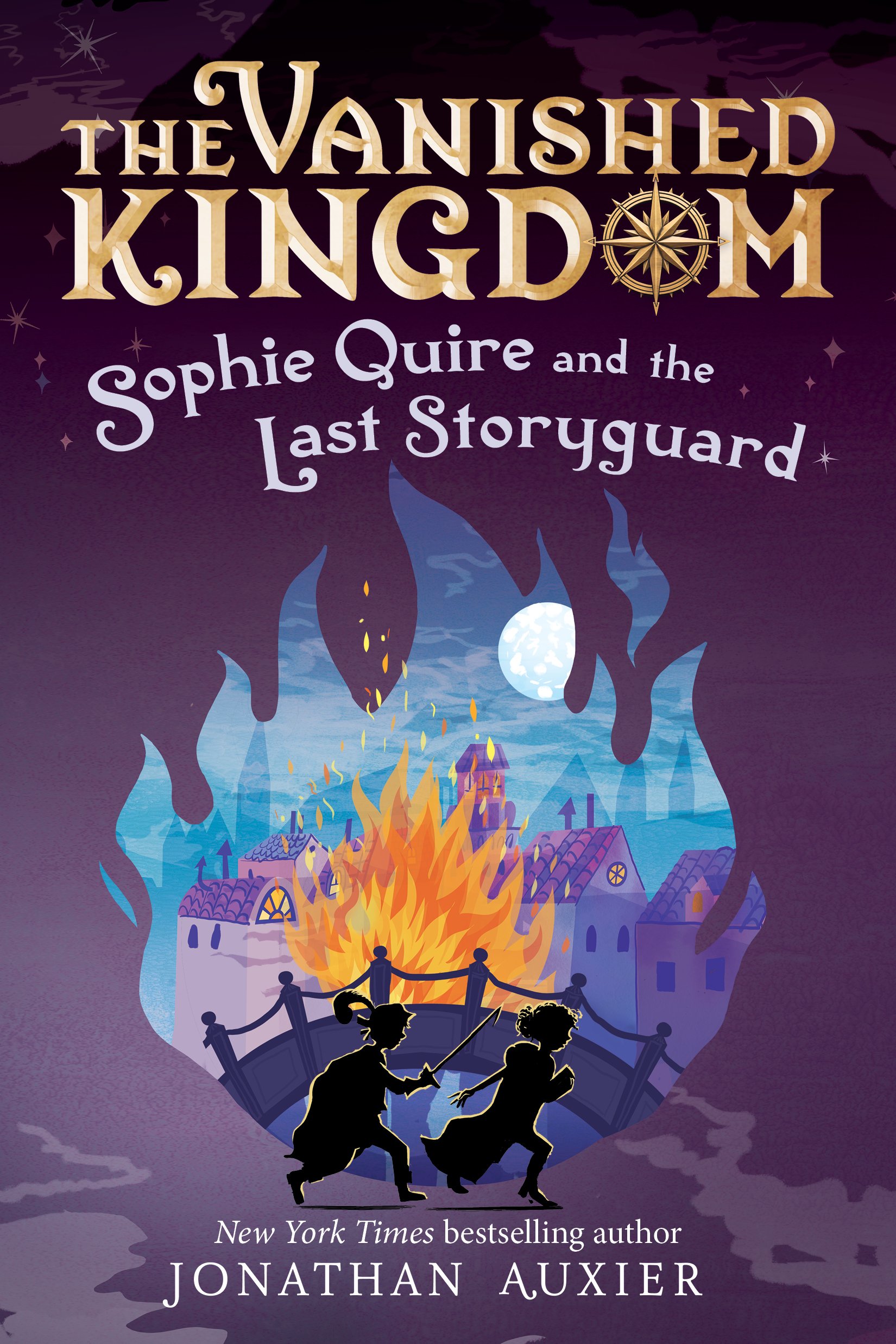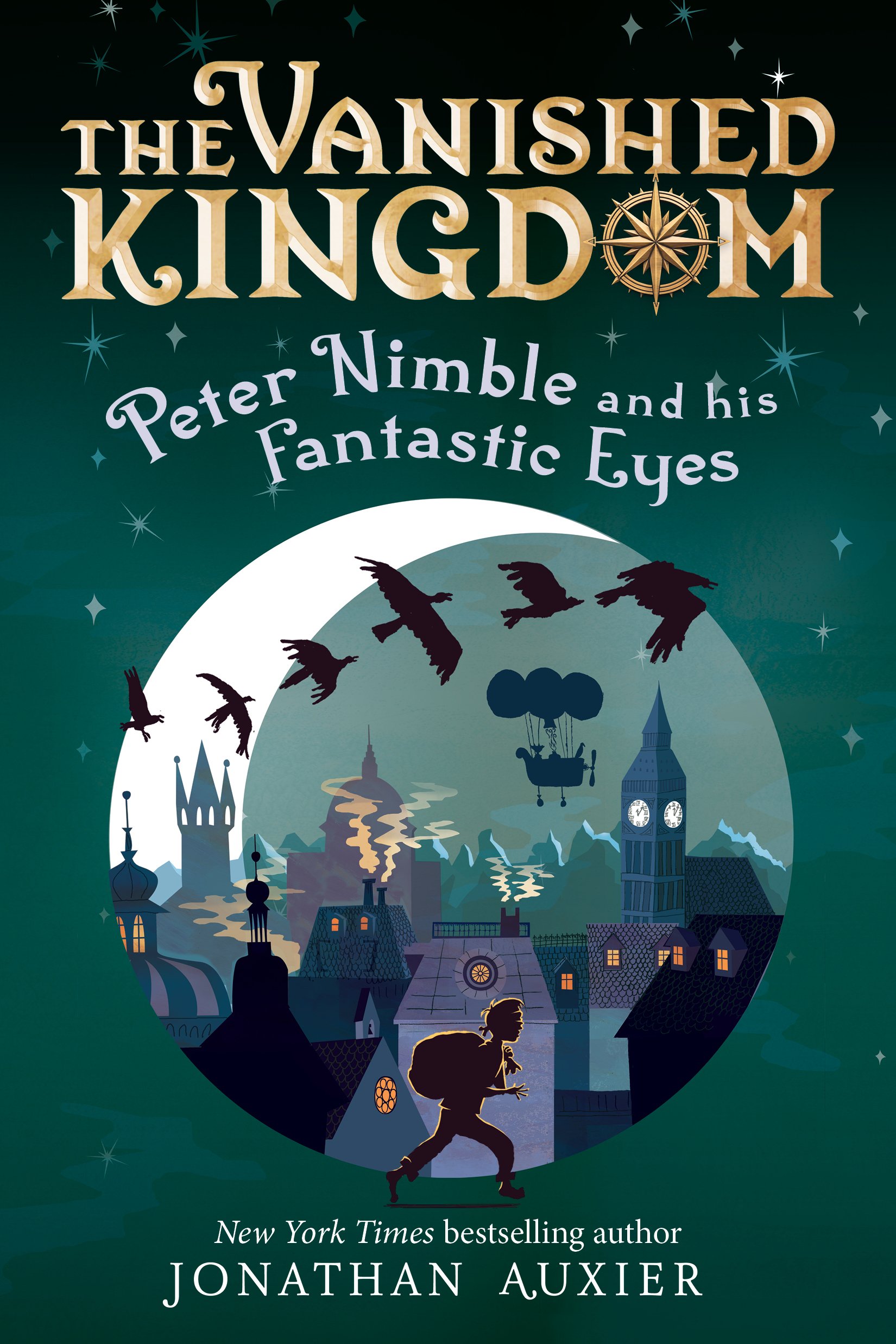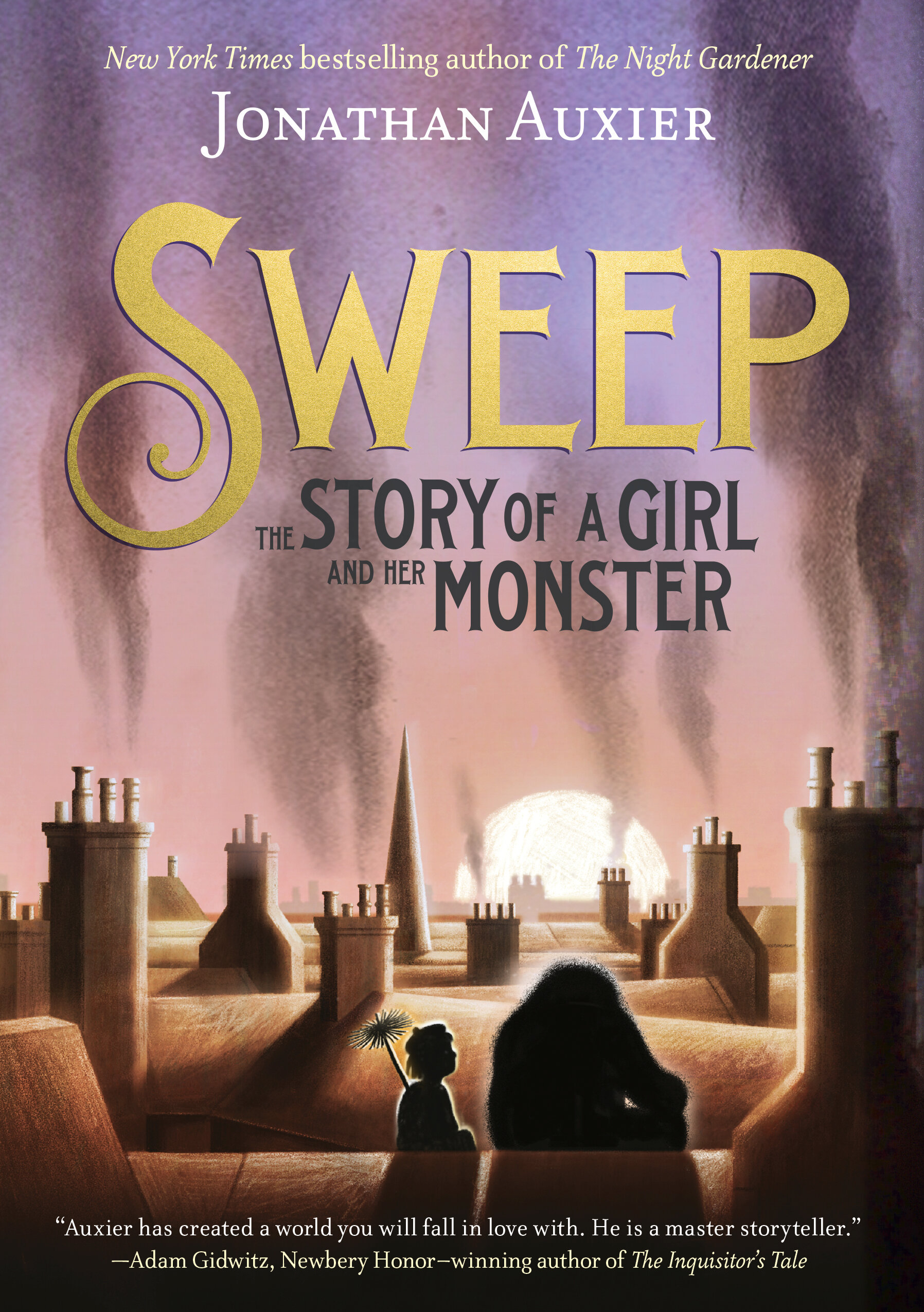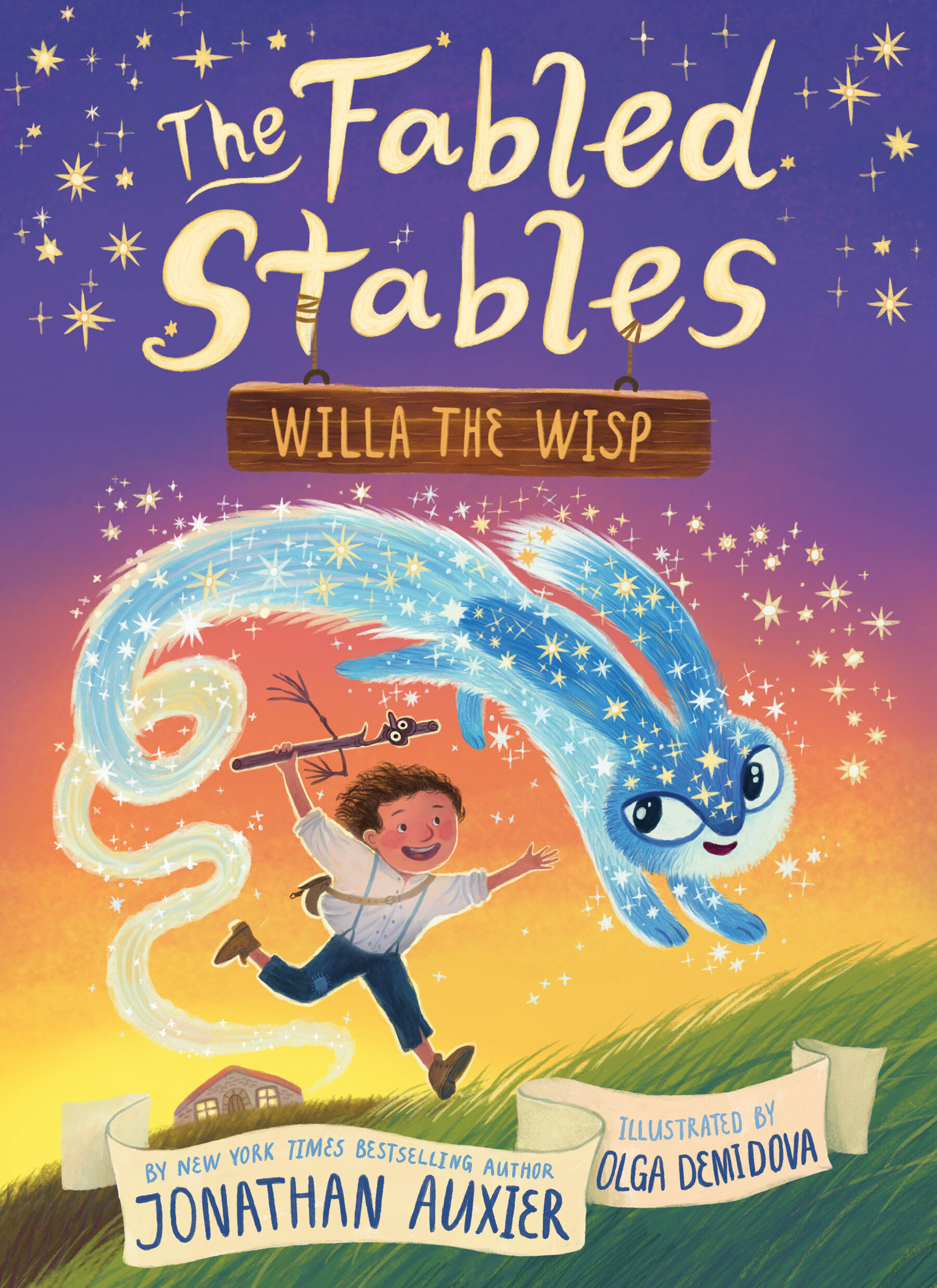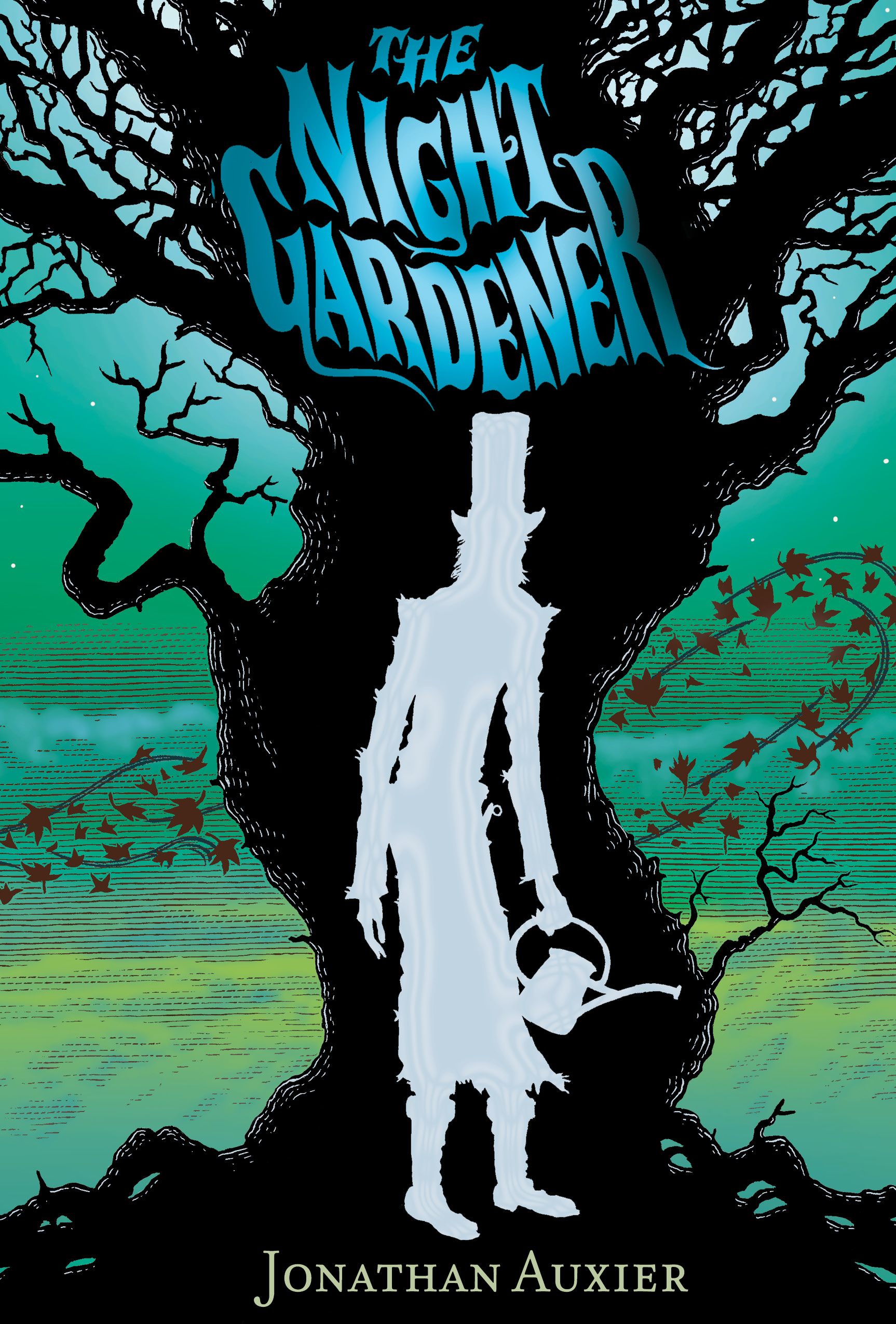E-Books round 2: Run For Your Lives!
/Yesterday, I talked a bit about some e-book fears that no longer worry me. Today, I'd like to talk about one outstanding issue that does frighten me. A lot. We already discussed a few ways in which publishing shouldn't be compared to the music industry, but there is one aspect where the comparison does work: piracy.
Book piracy is nothing new. In the 19th century, America had very few rights protecting authors. Charles Dickens famously made a personal crusade out of slapping the wrists of adoring fans who had purchased unlicensed copies of his books. Even back then, American readers were incredulous: We gave you fame! Why are you complaining about money?
I think this attitude is coming back with the younger generation [1. 1. said the cranky old man in his late-20's]. Screenwriter John August recently posted a link to composer Jason Robert Brown's website, in which Brown documents a debate he had with a teenager girl who was pirating his music. The conversation is fascinating and infuriating. You should go read it right now. I'll wait.
Are you back? Are you terrified?
For those writing MG and YA fiction, "Brenna" is our readership; her opinions on the subject are ones that will directly effect our ability to provide for ourselves and our families. After reading that exchange and many others like it, I spent a few days being consumed with fear. So far as I can tell, it is an issue that no one in publishing wants to deal with. At ALA last month, I talked to a number of people in publishing who were all about e-books. Publishers are more than happy to speculate about how these devices will "change" their industry ... but no one seemed willing to engage on the subject of piracy. The most I could get was some quiet muttering about DRMs ... as though this technology could somehow protect books where it had failed with software, music, and movies.
It is unrealistic for publishers and authors to rely on tech companies to protect their interests. The fact is: Apple and Amazon will only protect the rights of authors for as long as it is profitable -- because making profit is what businesses are designed to do. Similarly I think the ideological battle against a culture of piracy is un-winnable. Too many people in our culture have already bought into the "information wants to be free" philosophy[2. 2. Malcom Gladwell has a very engaging book review on this subject here].
The problem with the “information wants to be free” model is that it’s not capitalist. It’s a great model ... in a world where artists and thinkers are not expected to live off profits from their ideas. But that would require substantial support from the government or private benefactors[3. 3. Let it be known that I am open to patronage; all interested rich people should contact me through the comments box.]. Until that happens, though, the government has a responsibility to enforce the rights of content creators. Which they don’t do.
So where does that leave content creators?
No clue.

